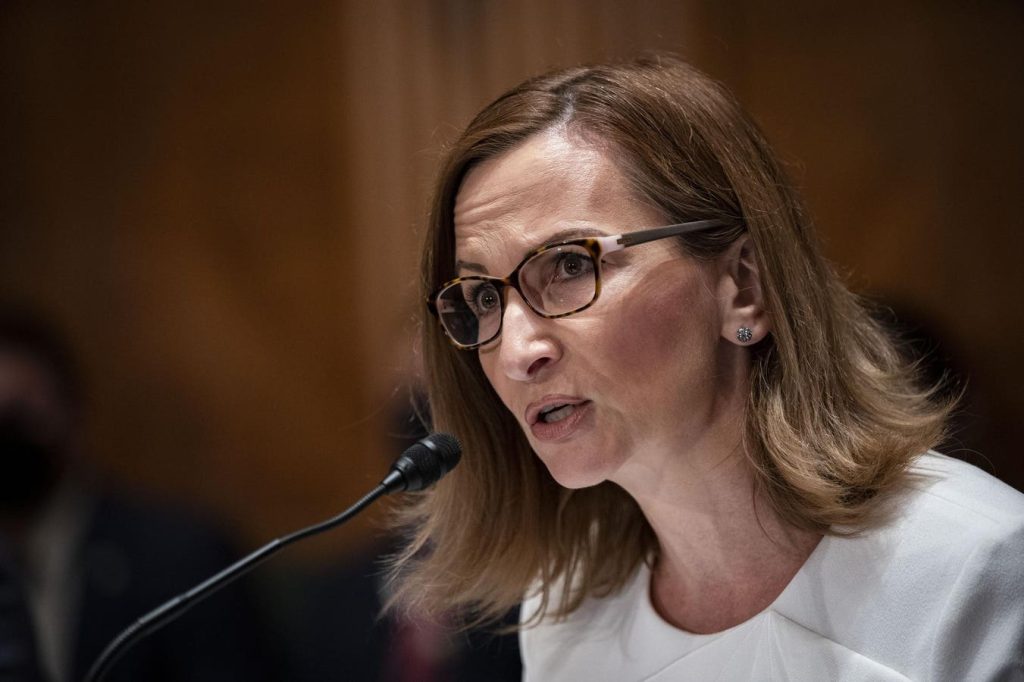The collapse of Synapse Financial Technologies has left over 200,000 individual fintech customers without access to their money, with a lawyer for one affected fintech calling the situation “a house on fire.” In response, U.S. Bankruptcy Court Judge Martin R. Barash appointed an independent Chapter 11 trustee to oversee Synapse, removing existing management from control. Former FDIC Chairman Jelena McWilliams was approved as the trustee, with the primary goal of getting consumers access to their funds, although no timeline was provided for this process. Barash emphasized the urgency of the situation, stating that getting end users their funds is the top priority.
Synapse, based in San Francisco, served as an intermediary between traditional banks and fintechs, with around 100 fintech clients and 10 million end customers at the start of the year. Following the bankruptcy filing in late April, a Chapter 11 plan to sell its assets to payment processor TabaPay fell through, leading to further complications. On May 11th, one of Synapse’s bank partners, Evolve Bank & Trust, cut off access to individual consumers’ accounts and debit cards due to issues accessing account records. The number of affected fintech customers was estimated at 200,000, with Synapse’s other bank partners also facing challenges verifying account information.
The banks have frozen Synapse’s access to remaining funds to pay its employees, resulting in layoffs for most staff. The appointment of the Chapter 11 trustee aims to ensure the orderly return of funds to customers and not to revive the Synapse business. Conflicting claims between Synapse and the banks regarding owed amounts have complicated the situation, with disputes aired during the hearing highlighting challenges faced by small banks partnering with fintechs. A lawyer for Yieldstreet, a fintech client, accused Lineage Bank of being unresponsive, while Lineage Bank stated limited resources were being dedicated to resolving the issue. Lineage Bank criticized the quality of records provided by Synapse and emphasized the need to prioritize end user interests over wealthier fintechs.
Originally proposed for Chapter 7 liquidation, Synapse agreed to the appointment of a Chapter 11 trustee following discussions in court. The U.S. Trustee’s office believed that more options were available to a trustee under Chapter 11, allowing for exploration of potential solutions and communication with all parties involved. With some fintechs contributing funds to maintain Synapse’s operations temporarily, a Chapter 11 trustee could continue this arrangement if necessary. However, the possibility of converting to liquidation remains on the table if progress is not made. Synapse did not object to the appointment of a Chapter 11 trustee, indicating a willingness to explore alternatives to resolve the situation.













